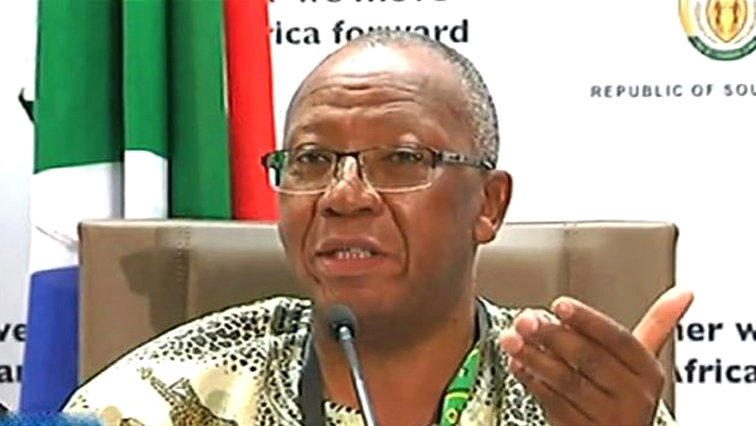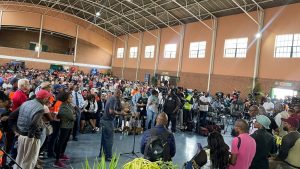The Department of Military Veterans (DMV) has reduced its educational funding for the dependants of military veterans by a more than 50 % from R 42 500 a year to only R 20 000 a year per student.
The announcement was made by the Department’s Deputy Minister Kebby Maphatsoe at a media briefing in Pretoria.
According to the Military Veterans Act, the Department must provide several benefits, among them medical aid, housing and education support.
The Department says increase in demand for benefits has resulted in a serious budget shortfall.
The Department’s Chief Financial Officer Sim Ndlovu explains how allocated budget is managed to ensure that department keeps running:
“From the 622 for the current financial year, 18% goes to costs of employment which is the payments of salaries. 2% goes into capital expenditure, and the 56% of the 622 is currently allocated towards the provisioning of benefits, among others including education support, housing etc… Then it means that the remaining balance, which is a small portion of about 24% is then left to then provide admin support for the department.”
In the previous financial year the Department had financially assisted 7 712 beneficiaries.
The Department says for this academic year the number of applicants increased with about 4 000 to 11 600.
Maphatsoe says his department has been forced by dwindling finances and increasing number of applicants to revise its funding model.
“The increase in demand for benefits has resulted in a serious budget shortfall for the Department of Military Veterans as from the previous financial year. The further budget cuts announced by National Treasury in December 2017 of 5% in the case of the Department of Military Veterans further increased this shortfall.”
The department further announced that it is going to negotiate with National Student Financial Aid Scheme (NSFAS) in a bid to source funding for military veterans and their dependents studying at tertiary institutions.
The department’s Director for Social Economic Support Carol Mongale explains:
“Currently we have around 1 900 beneficiaries in public institutions, and around 980 in private institutions. We are still going to have negotiations with NSFAS to see what the process will be going forward, but to answer directly, yes we’re trying to get them to be absorbed through NSFAS, but that has not been finalised.
We’re still going to be having discussions with them.”
The department, however, has committed to ensuring that it assists all deserving military veterans and their dependents to continue to receive benefits due to them.
Click on video below for more on the story:






